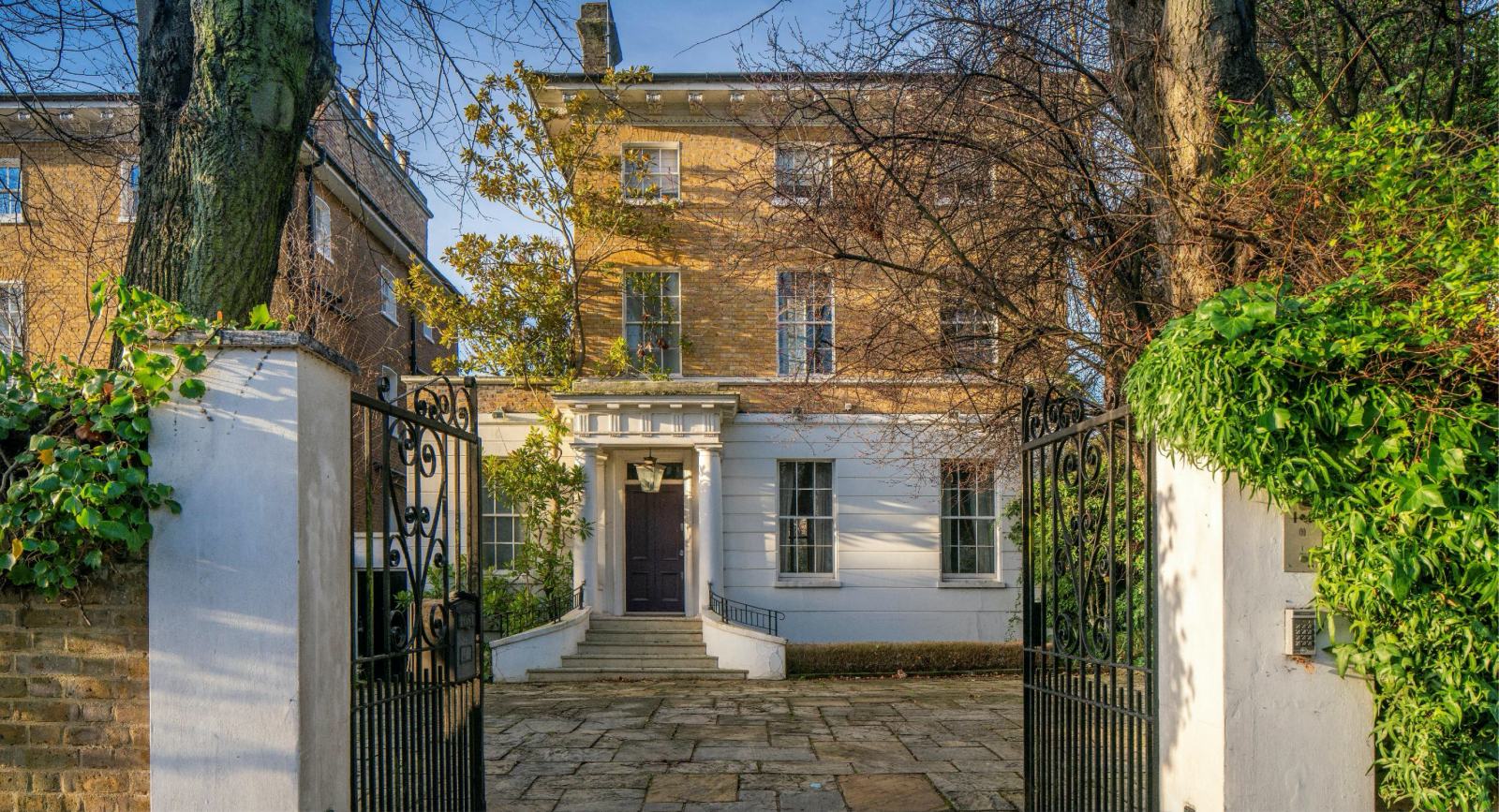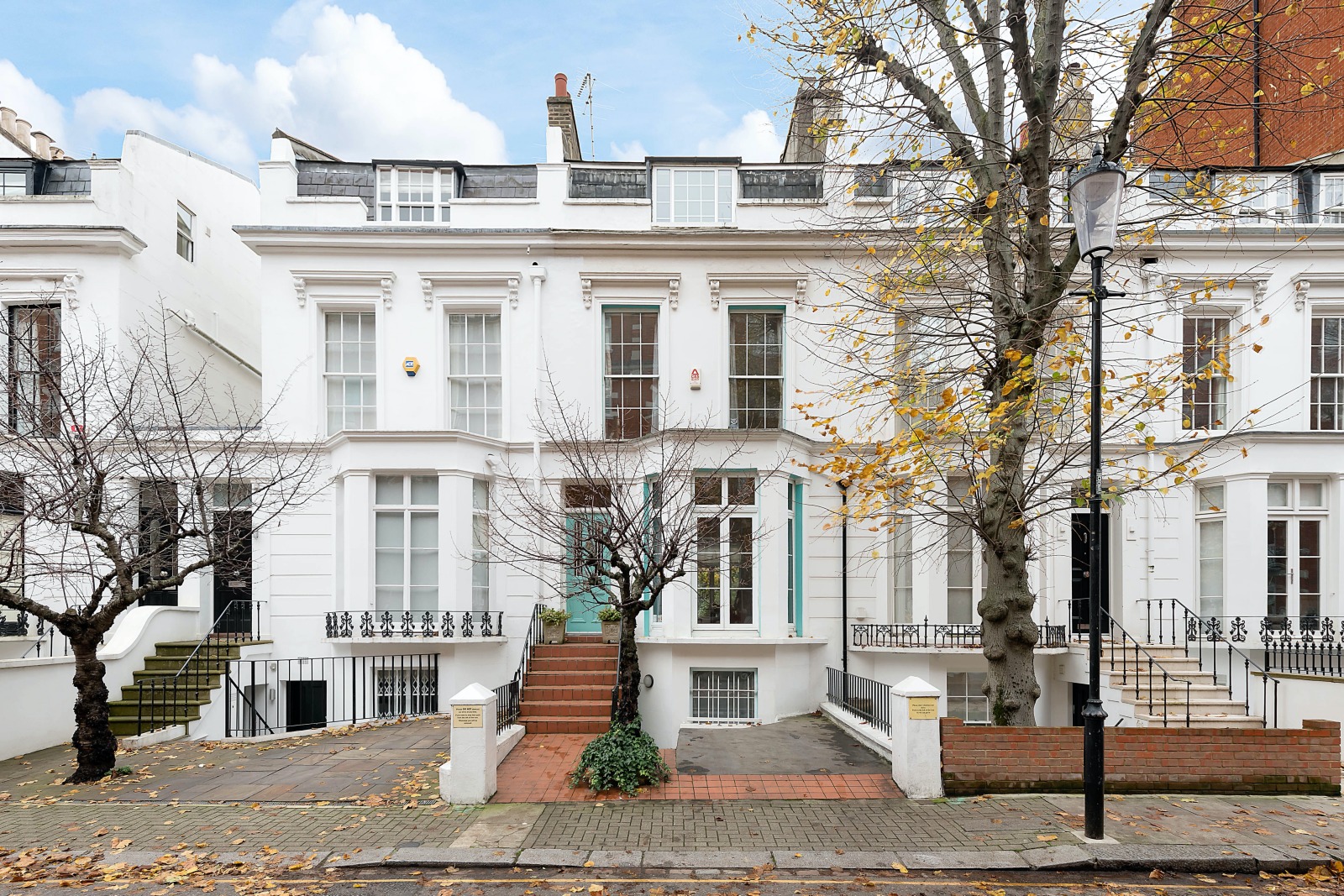UK Property Market Brushes Off Brexit

Brexit has not had the negative impact on UK bricks-and-mortar that was forecast - yet.

As the UK continues to grapple with the implications of Brexit, one area that seems to have been surprisingly impervious, is the UK housing market.
Despite claims by the Bank of England that a worst-case scenario when leaving the EU could see house prices fall by 35 percent over three years, research by estate agency Keller Williams UK has found that this has been far from the reality.
Despite the ongoing saga and the disruption it has caused, UK house prices have climbed 14.1 percent since the vote in June 2016 until today, said Keller Williams.
This growth has been driven at a regional level by Wales and the Midlands. The East Midlands has seen the greatest increase in house prices since the Brexit vote at 20.9 percent, while values have climbed 19 percent in the West Midlands. Wales has seen an increase of 20.3 percent in property values since June 2016.
Just London, the North East and South East have failed to register double-digit price growth. The capital has seen an increase of 3.2 percent, while property prices are up 6.7 percent and 9.2 percent in the North East and South East respectively.
“Purely from a property perspective, you could argue that Brexit has provided the perfect tonic for the UK property market," said CEO of Keller Williams UK, Ben Taylor. "Yes, a handful of areas have seen prices fall since the vote itself. However, the vast majority of the UK has seen the value of bricks and mortar continue to climb despite the rollercoaster ride that Brexit has been."
He added that while house prices have continued to climb since the EU Referendum, it is important to note that the rate of house price growth has slowed. The research shows that while house prices across the UK have increased by 14.1 percent since June 2016, they increased by 28.3 percent during the same time period prior to the vote.

At the highest echelons, the luxury property market appears bullish despite Brexit. Marc Schneiderman, Director of Arlington Residential, which specialises in luxury homes in Hampstead, said there has not been any negative impact on property prices as a result of leaving the EU.
"The property market has remained extremely resilient," he added. "The end of 2020 and first three weeks of 2021 have seen a flurry of activity in the London sales market with a leaning towards houses, rather than flats. There has inevitably been a lack of overseas buyers, however the volume of domestic buyers has pretty much made up for that."
Meanwhile Jamie Hope, MD of Sales at Maskells, a Chelsea-based agency, believes prices for luxury property have been softening since the 2014 peak, "to the tune of around 20 percent", but are now stable. He reckons that there was an initial fall of around 10 percent due to the Stamp Duty Land Tax increase in 2014, followed by a subsequent drop of 10 percent when Brexit was voted in during the referendum win 2016. But current values are not moving much, he adds.
"2020 was of course a turbulent year but what was interesting to see is that open market house sales volumes in Chelsea between £5m and £10m remained stable, with 20 sales compared to the 5 year average of 21.5 per year. This is compared to the 2014 peak of 46 open market sales in the same price bracket," said Hope.
Before Christmas Maskells sold a property over the asking price of £3.69m on the first viewing, from a domestic buyer. "This isn’t to say that prices have gone up, simply that price reductions caused by SDLT and Brexit have been factored in and if a property is well priced, the market will react favourably as there is demand for good family houses."

Marlon Lloyd Malcolm, Director of Lurot Brand, a London agent which specialises in mews homes, agrees that "the best in class properties will sell well", although anything else in prime central London will see a 10-15 percent dip in price from price asking expectations. He imagines that with the UK in lockdown, there will be very little viewing activity for properties over £3m for the next few weeks.
But that doesn't seem to be the case for the UK property market in general. Despite the UK now being in its third strict national lockdown, a recent survey from estate agent Benham and Reeves of 10,000 homebuyers and sellers, showed that 81 percent are undeterred by the regulations. Just 14 percent of buyers and sellers said the lockdown would change their plan to make a purchase or sale in 2021, with 81 percent planning to carry on as planned. In London, 18 percent stated they would now put their plans on hold, the highest of any region, said the survey.
Director of Benham and Reeves, Marc von Grundherr, believes that the UK's stamp duty holiday, which lasts until the end of March, is keeping sales buoyed.
“Homebuyers and sellers remain largely undeterred about transacting despite yet another dose of lockdown restrictions, and this is no doubt due to the dangling carrot of a stamp duty holiday that remains in place until March, at the very least."
An extension to the stamp duty holiday is now being considered in parliament, after a petition attracted more than 100,000 signatures. If the holiday gets extended by another six months, it could generate another 100,000 extra sales in 2021, according to a report published last week by Hamptons International. This would effectively provide a 10 percent boost to the property market.
And some even believe that Brexit could be good for UK property in the long run. Mark Parkinson, Director of Middleton Advisors, says many of their non-EU international clients say they find Britain a more attractive place to live now that we are out of the EU. They believe independence and autonomy for the UK will be a good thing in the longterm, and don’t feel the economies of EU countries are as strong, and that the UK will do better now that we are removed from EU regulations. He adds: "There is also tremendous demand still from the Middle East, Hong Kong and the US - the driver being political and security based uncertainty in their own countries”.
In a time of continuing uncertainty for the UK, a bullish property market would be most welcome.








